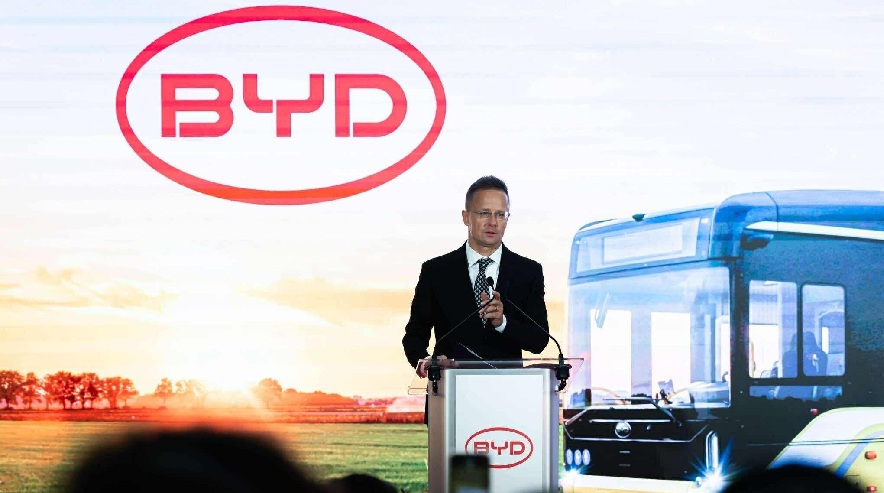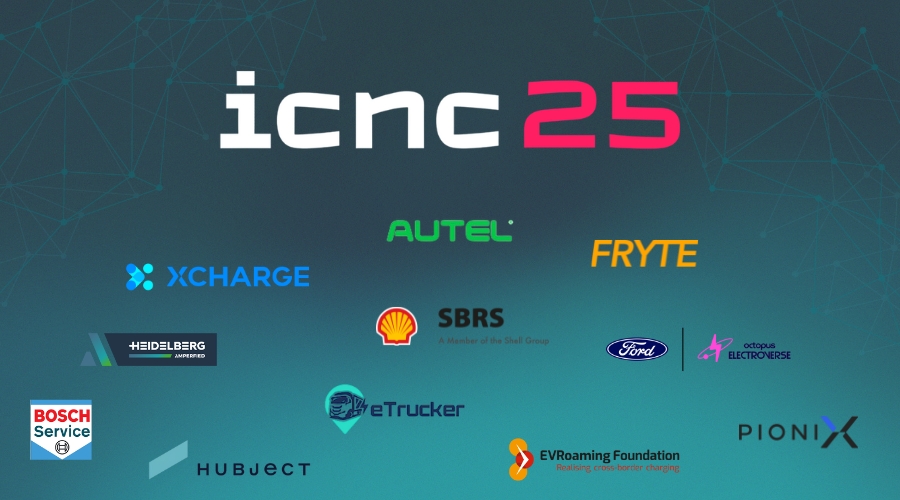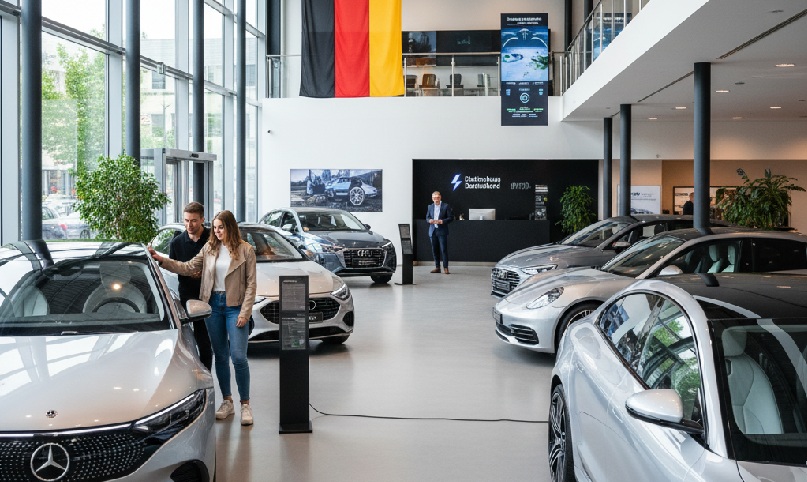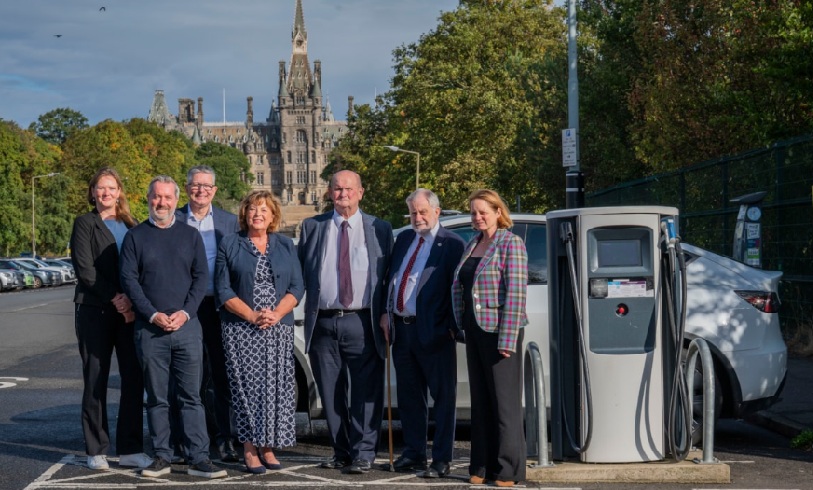Chinese automaker BYD will invest 32 billion forints (94 million dollars) in a new plant in the northern Hungarian town of Komarom, tripling its annual capacity to 1,250 electric buses and trucks, Hungarian Foreign Minister Peter Szijjarto said.
Under right-wing Prime Minister Viktor Orban, Hungary has become an important trade and investment partner for China, in contrast with some other European Union nations considering becoming less dependent on the world’s second-largest economy.
“We Hungarians do not consider East-West cooperation a threat, but rather a big opportunity,” Szijjarto was quoted as saying on Friday, adding that the government would support the project with a 3.1 billion forint grant.
🇨🇳🤝🇭🇺 BYD's latest HUF 32 billion investment brings a new electric bus plant to Komárom, Hungary—creating 620 jobs. @FM_Szijjarto confirmed at the groundbreaking that the government is backing the project with HUF 3.1 billion, reinforcing Hungary’s top spot in EU e-mobility.
— Zoltan Kovacs (@zoltanspox) June 27, 2025
🧪… pic.twitter.com/zUwAB5ANFG
Orban, who has spearheaded a drive in central Europe to bring Chinese EV and battery manufacturing plants to Hungary, has said his landlocked country did not want to be squeezed into either bloc and wanted to keep trading with both sides.
BYD, which is also building an electric car factory in southern Hungary and expects to establish a European centre in the country, will establish a research and development laboratory alongside its latest investment in an apparent reward for Hungary’s condemnation of European tariffs on Chinese EVs.
Orban started bringing his country closer to Beijing after he came to power in 2010. Warm political relations turned into investments about a decade later when battery and EV makers started to bring production to Hungary.
Szijjarto said Hungary had received nearly a third of Chinese inward investment into Europe last year, lifting the total volume of Chinese investments to 5.5 trillion forints (16 billion dollars), representing 64 large projects.
READ MORE
-
ICNC25: These are the E-Mobility innovations that shaped the event in Germany
With a record attendance of 8,500 industry specialists, the Intercharge Network Conference (ICNC25) proved to be a key meeting point where e-mobility companies unveiled new products and announced strategic partnerships.
-
Special depreciation scheme for EVs in Germany not restricted to new vehicles only
Although the wording of the law explicitly refers to “newly acquired vehicles”, some comments from politicians and the specialist press had suggested that the depreciation might apply only to brand-new vehicles that have never been registered before.
-
Scottish Government gives £6.3m to 8 councils to boost public charging infrastructure
The funding will support the installation of 1,770 additional public charging points. This is the final award from the Scottish Government’s £30m Electric Vehicle Infrastructure Fund.










